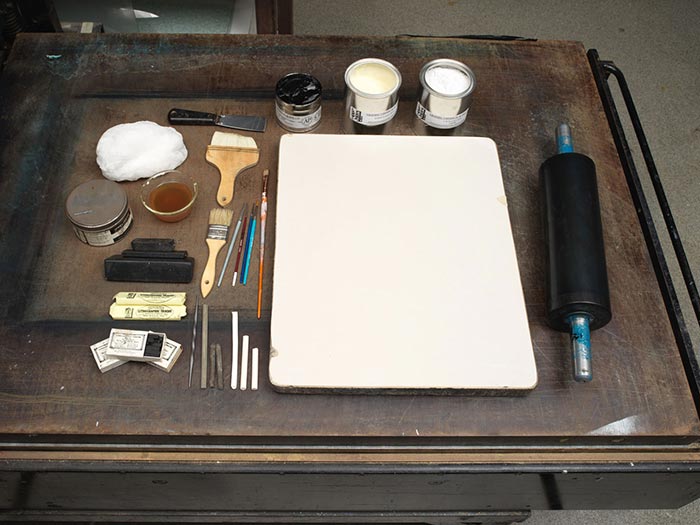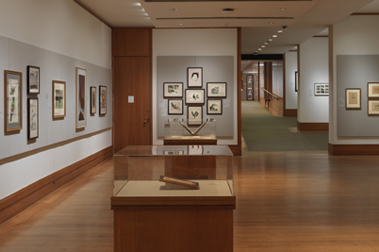The Sports Who Came to Grief
Thomas B. Worth American
Publisher Currier & Ives American
Not on view
At the center of this rural scene showing the aftermath of a horse-drawn buggy accident, a hatless driver in a blue coat stands in his a horse-drawn buggy at the end of a short wooden bridge. His hair on end, he is horrified to see the wreckage of two other horse-drawn buggies and drivers who have toppled on either side of the bridge into the creek. At left, behind the collapsed horse, the driver falls backwards with his legs in the air. At right, the horse is upside down, while the driver (wearing a red jacket) stands in water up to his waist; detached buggy parts and wheels lay nearby on the road and creek bank. In the right middleground, a frightened man stands hunched over with his arms crossed; his left sleeve has been torn off. In the background, the road curves off to the right, with low mountains beyond. The print's title is imprinted in the bottom margin.
Nathaniel Currier, whose successful New York-based lithography firm began in 1835, produced thousands of prints in various sizes that together create a vivid panorama of mid-to-late nineteenth century American life and its history. People eagerly acquired such lithographs featuring picturesque scenery, rural and city views, ships, railroads, portraits, hunting and fishing scenes, domestic life and numerous other subjects, as an inexpensive way to decorate their homes or business establishments. As the firm expanded, Nathaniel included his younger brother Charles in the business. In 1857, James Merritt Ives (the firm's accountant since 1852 and Charles's brother-in-law) was made a business partner; subsequently renamed Currier & Ives, the firm continued until 1907. The artist of this print is Thomas Worth, a prolific nineteenth-century illustrator who excelled at drawing horses and other subjects, many of which were made into lithographs published by Currier & Ives.

